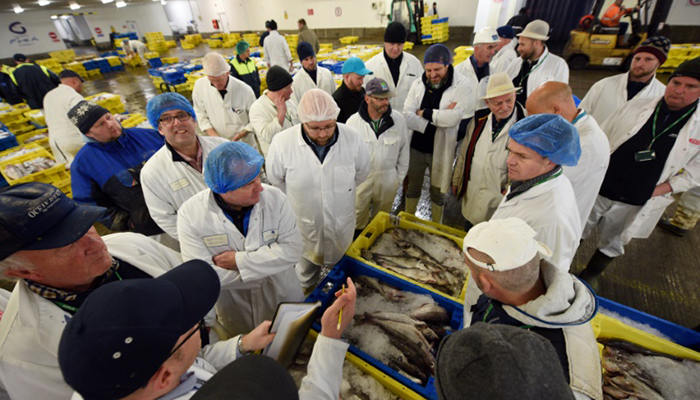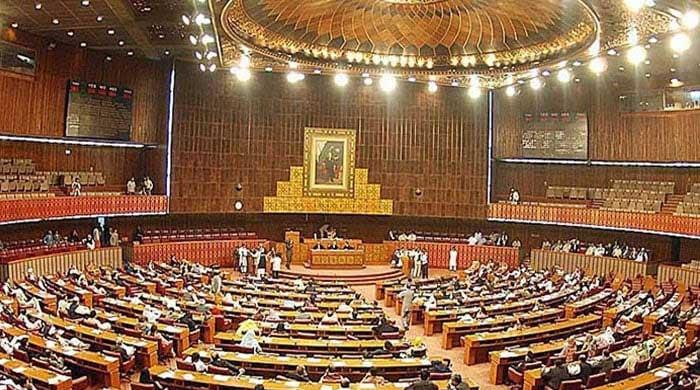Brexit-bound UK withdraws from fishing pact
The deal pre-dates Britain's EU membership
July 03, 2017

Britain said Sunday it is to withdraw from a 50-year-old agreement allowing some foreign countries to fish close to the UK coastline, fulfilling a key Brexit pledge.
The deal pre-dates Britain's EU membership and would therefore still have applied after the UK completes its divorce with the bloc, expected in March 2019.
Britain will trigger on Monday a two-year withdrawal period from the agreement, the London Fisheries Convention.
The convention allows vessels from five European countries -- Belgium, France, Germany, Ireland and the Netherlands -- to fish within an area that is six miles off the UK's coastline.
"Leaving the London Fisheries Convention is an important moment as we take back control of our fishing policy," Environment Secretary Michael Gove said in a statement.
The agreement is in force alongside the EU's Common Fisheries Policy -- allowing vessels from EU member states to fish between 12 and 200 nautical miles off the UK -- which Britain will be excluded from after its exit from the bloc.
"This is a historic first step towards building a new domestic fishing policy as we leave the European Union," Gove said.
"It means for the first time in more than 50 years we will be able to decide who can access our waters."
According to government figures, British vessels caught 708,000 tonnes of fish in 2015, worth £775 million ($1 billion, 894 million euros).
Other members of the convention landed an estimated 10,000 tonnes of fish in British waters.
Ireland's Agriculture Minister Michael Creed blasted the UK's government decision as "unwelcome and unhelpful".
"Brexit poses very serious challenges to the seafood sector and this announcement will form part of the negotiations," he added.
Fishing rights became a hot topic during the campaign for the June 2016 Brexit referendum, with British fishermen voicing frustration over EU fishing quotas.
Leading Brexit campaigner Nigel Farage even led a small flotilla of fishermen up the Thames a week before the referendum, arguing Britain's fishing industry was "literally being destroyed" as a result of EU membership.











